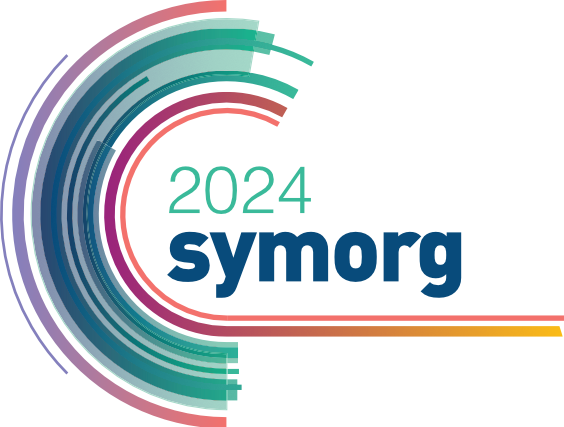Program Chair Invitation

Milica Kostić-Stanković, PhD, Full Professor
University of Belgrade – Faculty of Organizational Sciences
The Faculty of Organizational Sciences has a rich tradition of hosting the SymOrg symposium since 1989, aimed at advancing the fields of management and informatics in both theory and practice. This year marks a significant milestone as we celebrate the 35th anniversary of the inaugural SymOrg event, reflecting on the evolution and impact it has had over the years.
From its inception in Poreč, Yugoslavia, the SymOrg symposium has consistently set visionary frameworks, initially addressing the topics of organizational science and the reform of the economic system. The symposium’s continuity has been fueled by evolving challenges, with each iteration dedicated to the scientific disciplines of organizing and managing businesses. As we approach the 19th SymOrg symposium, the focus will be on exploring the role of merging humans and digitals in transforming industries, economies, and societies, examining the challenges and opportunities inherent in this dynamic field.
Artificial intelligence stands out as the most significant multifunctional, dynamic, and complex aspect of human and digital integration, having rapidly developed in recent years. Trust is identified as a crucial factor in unlocking the full potential of artificial intelligence. The latest scientific research and reports from leading business consulting firms illuminate critical insights into the integration of humans and artificial intelligence (AI). Contemporary findings reveal that a majority of individuals express reluctance or ambivalence in trusting AI, citing concerns about potential job displacement by automated tasks. However, a significant proportion of professionals already incorporate AI into their work, with a parallel majority feeling comfortable with its usage.
Notably, executives in today’s business environment prioritize cost efficiency, resilience, and comprehensive advancement through automation. While an overwhelming majority acknowledges the role of AI in managerial decision-making, the challenge lies in the genuine integration of machines within operational models and processes.
Furthermore, a consensus emerges from recent business reports, emphasizing that organizations achieve substantial performance enhancements through collaborative efforts between humans and machines. This collaborative approach has proven instrumental in fostering revenue growth, with technology-leading companies experiencing more than double the gains compared to their counterparts lagging in technology adoption. This evolving landscape underscores the transformative potential of a human-centered technology approach, reshaping not only business dynamics but also influencing how individuals perceive, feel, and think in this era of continuous innovation.
The theme of SymOrg 2024, “UNLOCKING THE HIDDEN POTENTIAL OF ORGANIZATION THROUGH MERGING OF HUMANS AND DIGITALS,” has been chosen to address the newfound need for balance in the era of AI. This symposium is envisioned as a platform for knowledge innovation and empirical research, bringing together representatives from the scientific and professional community to explore the intricacies of theory and practice.
SymOrg 2024 is designed as an opportunity for meaningful interactions, featuring scientific sections, professional panel discussions, and discussion brainstorming circles. The selection of highly referenced guests will play a crucial role in facilitating insightful discussions. Against the backdrop of beautiful Zlatibor, from June 12 to 15, we aim to provide a memorable experience with a blend of informal and formal social content.
I extend a warm greeting and invite you to submit your work and join us at SymOrg 2024. May this symposium serve as a platform for collaborative exploration and knowledge exchange, uniting representatives from diverse fields within the scientific and professional community.
Milica Kostić-Stanković, PhD, Full Professor
Chair of the Program Committee
















